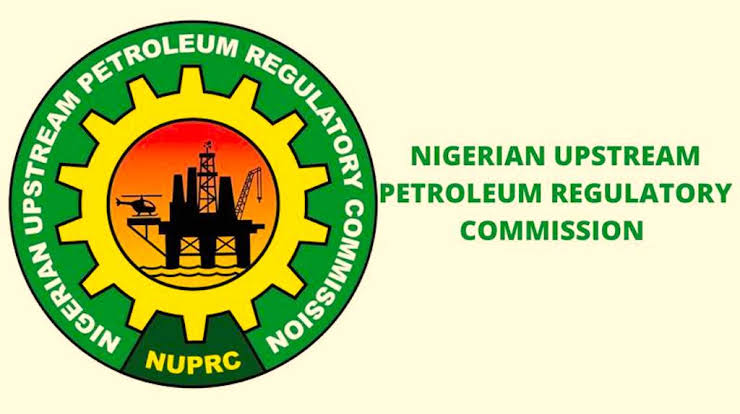The Nigerian Upstream Petroleum Regulatory Commission (NUPRC) has assured that its ongoing reforms will result in significant improvements in oil production and energy efficiency in the country.
The Commission chief executive officer (CCE), Gbenga Komolafe, expressed optimism about the Commission’s forward agenda, which includes: sustaining competitive licensing rounds, accelerating frontier basin exploration; fast-tracking the reactivation of shut-in and dormant assets;
Komolafe, while speaking at the 50th anniversary celebration of the Nigerian Association of Petroleum Explorationists (NAPE) in Lagos, stated that, with 210.54 trillion cubic feet of natural gas reserves, and 37.28 billion barrels of crude oil, Nigeria which currently produces approximately 1.8 million barrels of oil and 8 billion standard cubic feet of gas per day, can increase its production to 3 million barrels of oil and 12 billion standard cubic feet of gas per day.
He said, realising these ambitious targets require sustained investment to unlock untapped basins, advance the development of mature and frontier fields, and establish critical oil and gas infrastructure to secure future energy needs and support the demands of the growing population.
“The above narratives underscore the vast opportunities within Nigeria’s upstream oil and gas sector, driven by transformative reforms under the PIA, Presidential Executive Orders, supportive policies, tax incentives, and ongoing infrastructure improvements.
With abundant natural resources and a large, youthful, future-ready and innovative workforce, Nigeria is a compelling and competitive destination for existing investors and new entrants seeking to participate in our dynamic and promising energy landscape.
“Our new licensing rounds regime enabled new frontier opportunities in onshore, shallow water and deep offshore blocks, especially in underexplored basins. There are also other vast and compelling transformative opportunities, particularly in natural gas development, gas-to-power initiatives, Liquefied Natural Gas (LNG) projects, FLNGs and Compressed Natural Gas (CNG) transportation infrastructure, aimed at enhancing both export capacity and domestic energy supply”
“In addition, attractive green investment prospects exist in decarbonisation technologies and renewable energy solutions, as well as a wide range of other investment and business opportunities in project financing, investment and technical services”, he said.
He noted that despite the fact that infrastructure deficits and investment apathy, fuelled by the global energy transition and environmental concerns, still exist, they are not insurmountable. He added that, with well-informed strategies and robust collaboration across local and regional stakeholders, these obstacles can be effectively addressed.











